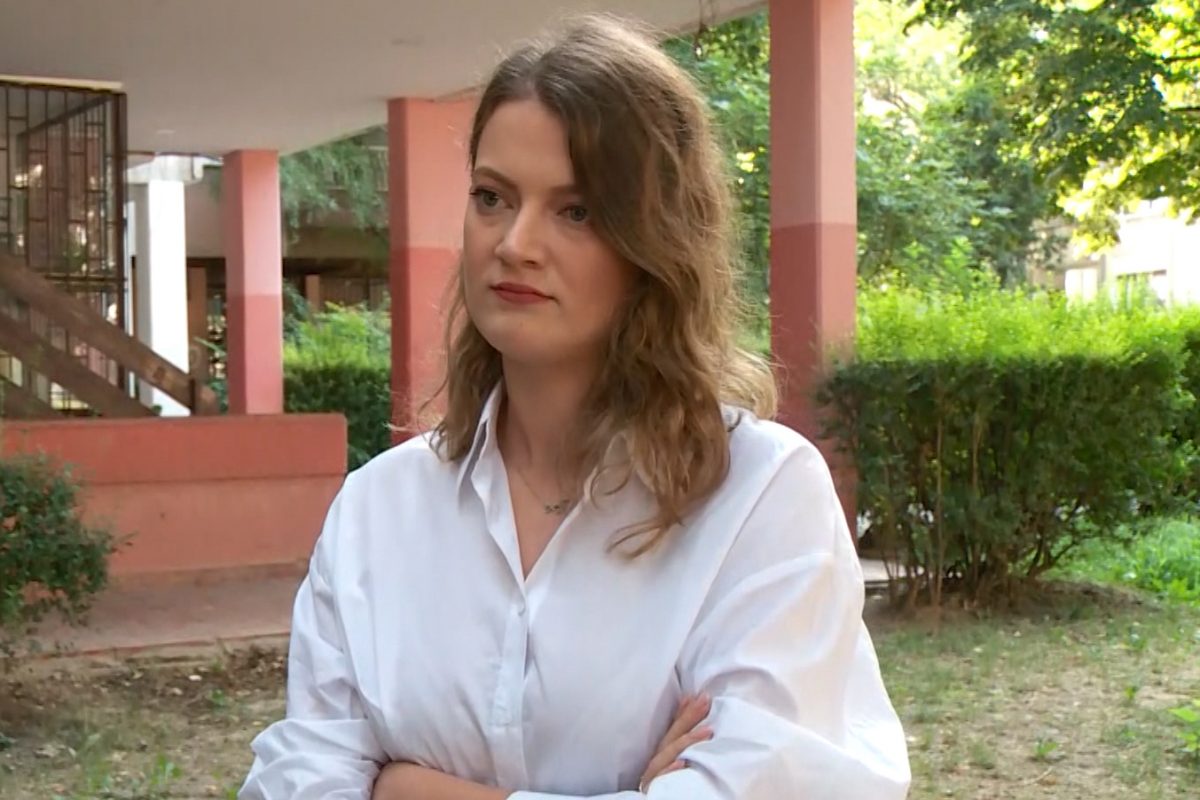Hotline: +381 61 63 84 071
Prostitution in Serbia goes under the radar: What are the penalties and whom they are most often imposed on

Prostitution in Serbia goes under the radar: What are the penalties and whom they are most often imposed on
Author: Nataša Jovanović
01/05/2022
In the action of the Ministry of the Interior at the beginning of April, 29 persons were arrested for “elite prostitution”, among them three pimps and 26 girls. According to the current law, penalties for engaging in prostitution are usually monetary and paid by women, not their clients.
Based on the number of arrested girls in Belgrade during April alone, it could be said that the “oldest profession” is flourishing in Serbia. Kristina Ferari does not belong to the so-called “elite prostitution”, but she has been arrested three times so far. Each time, she paid a fine which, according to the current Law on Public Order and Peace, goes between 50,000 to 150,000 dinars or 30 to 60 days in prison.
“The law serves as a form of money collection from these persons. It sanctions such services but simultaneously collects money from them. These persons are returning even after the arrest. The conditions are inhumane; the entire treatment from arrest to appearing before a judge is not something a person who feels innocent should experience. These persons are returning to prostitution, whether they have paid a fine or been in prison, they are going back nonetheless,” said Kristina Ferari, an activist for sex workers’ rights.
The existing law, which has been in force since 2016, has not prevented prostitution in Serbia, nor reduced it, a representative of the non-governmental organisation “Atina” said. Although both women in prostitution and their clients can be punished under this law, statistics show that women are sanctioned five times more often.
“Despite the fact that the law provides for a possibility of imprisonment and fines for both, women in prostitution make up the majority of those who have been sentenced to prison and paid higher fines, while according to statistics, sentences imposed on their clients remain around legal minimum,” pointed out Andrijana Radoičić from nongovernmental organisation Atina.
That is why this organisation believes prostitution should be decriminalised and considers the so-called Nordic model, which is used in France and Sweden, as the best solution. In these countries, women who provide sexual services are not punished, only their clients. Another option is legalisation, as in the Netherlands and Germany.
“With legalisation, the state takes on the role of a “pimp” by taking money through taxes and other sources. All countries that opted for this model, such as the Netherlands, Germany, and Spain, conducted analyses of the effectiveness, and it turned out that prostitution mostly still happens behind closed doors and outside the law,” said Andrijana Radoičić.
“I don't want the state to use me just for taxes”
Kristina Ferari said that she is in favour of legalising prostitution, but she believes that it is necessary to have a legal framework.
“I am for legalisation, in the sense that I want to give but I also want to receive something in return. I do not want the state to use me only for taxes. There should be certain regulations, but we should be careful in that sense so that it is beneficial for all,” Ferari believes.
Over the period of ten years, decriminalisation in Sweden reduced prostitution by 50 per cent. Experts add that this is not enough, and that, in addition to the new law, support programmes are also necessary for women who want to exit prostitution.
The original text can be found via the following link:












 FACEBOOK
FACEBOOK TWITTER
TWITTER YOUTUBE
YOUTUBE